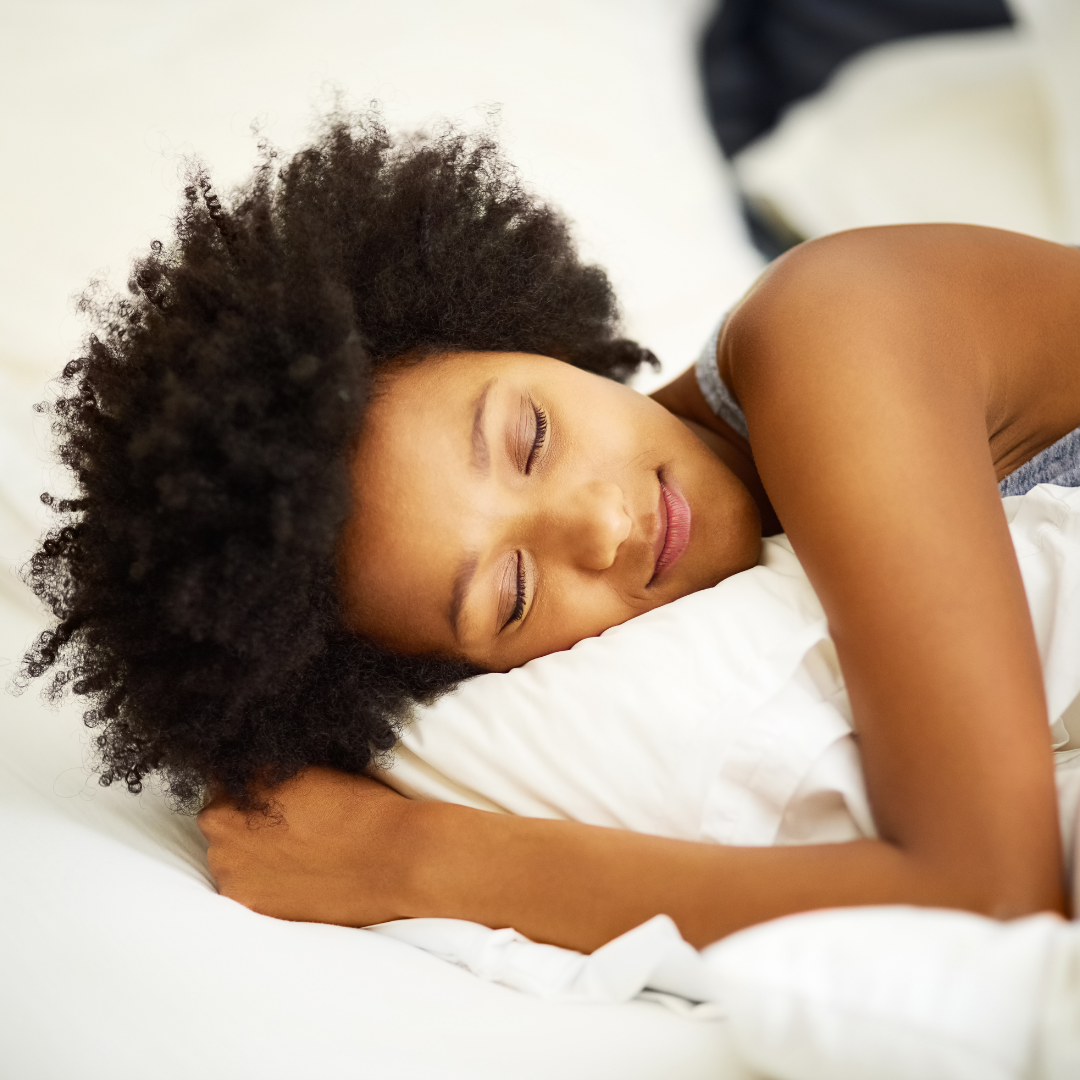We often talk about the importance of eating the right food and getting enough exercise. But did you know that getting a good night’s sleep can be just as important?
As part of Life Leisure’s Live Well Live Life (#LiveWellLiveLife) campaign we are sharing blogs about the different ways to ensure you and your family stay healthy both in and outside the gym – and that includes promoting the fantastic benefits of sleep!
Rest and recover
The most obvious benefit of sleep is that it gives our bodies the opportunity to rest and recover.
If you’ve been physically active, whether that’s doing an intense workout at the gym or simply running a lot of errands, then it’s most likely you will need a little more sleep. That’s because your body needs as much time as possible to recover and repair the muscles that have been working harder than usual.
While you are asleep the body gets to work by releasing hormones and proteins to repair cells and restore energy. Additionally, increased blood flow will transport oxygen and nutrients to the parts of the body that need the most attention.
So, giving yourself an extra hour in bed in the morning or having an early night after a particularly rigorous day will not only make you feel better, but it’ll also help your body recover quicker so you can do it all again the next day!
Brain MOT
A good night’s sleep also helps our brains adjust to the activities of the day.
While we sleep our cells get to work to find the right places to store new information and get rid of things we don’t need, so when we wake up, we feel bright and breezy.
If you don’t get enough sleep or your sleep quality is poor, your brain won’t have time to carry out this rudimentary repair work, which means you’ll be more tired, irritable and less patient.
Your brain function will also be impacted because it’s not had time to reset, so your memory won’t be as good and your problem-solving skills will be less efficient.
So, while sleep helps our bodies recover from everything we did that day, it also helps our brain reset ready for a bright new tomorrow.
Go through the (e)motions
It’s not just brain power that is fuelled by sleep. Getting enough rest is vital for our emotional wellbeing.
If you’re not sleeping well your body and brain will struggle to recover from the day, and that includes emotional challenges. Add this to the lack of sleep which will leave you more irritable and less confident at decision making, it is likely to compound any emotional and mental health issues you may also have.
Ensuring you get enough sleep will go somewhere to putting you in the best place possible to deal with any emotional problems you encounter.
Sleep is also a great stress buster in itself, so finding time to sleep – even if it’s a 20-minute nap in the afternoon – could be what you need to help you tackle the day.
Stave off sleeplessness
So, getting a great sleep has many benefits. But how can we make that happen? After all, many of us will experience some form of insomnia from time to time. Is there anything we can do to avoid it?
The answer is yes. Keeping regular sleeping hours, avoiding caffeine and alcohol, and ensuring you have somewhere cool, calm and dark to sleep will all help.
As will exercise. We know that wearing yourself out physically will zonk you out, but as little as 10 minutes aerobic exercise a day can also improve the quality of your sleep. This is because aerobic exercise – anything that gets your heart beating faster and increases your breathing – stimulates our bodies to release serotonin, a neurotransmitter which helps improve our mood and most importantly, regulate our sleep.
Swimming, running and walking will all help get your heart beating for a better bedtime. What’s more, the repetitive movements involved can also have a calming, meditative effect to relax the mind. As can gentler exercises such as Yoga and Pilates.
Bed in the good habits
As with eating the right food and getting enough exercise, getting a good night’s sleep is often about making a few small changes part of your regular routine. Doing so could make a big difference. And if you need a little time to think about how best to do this, don’t worry. Sleep on it.

